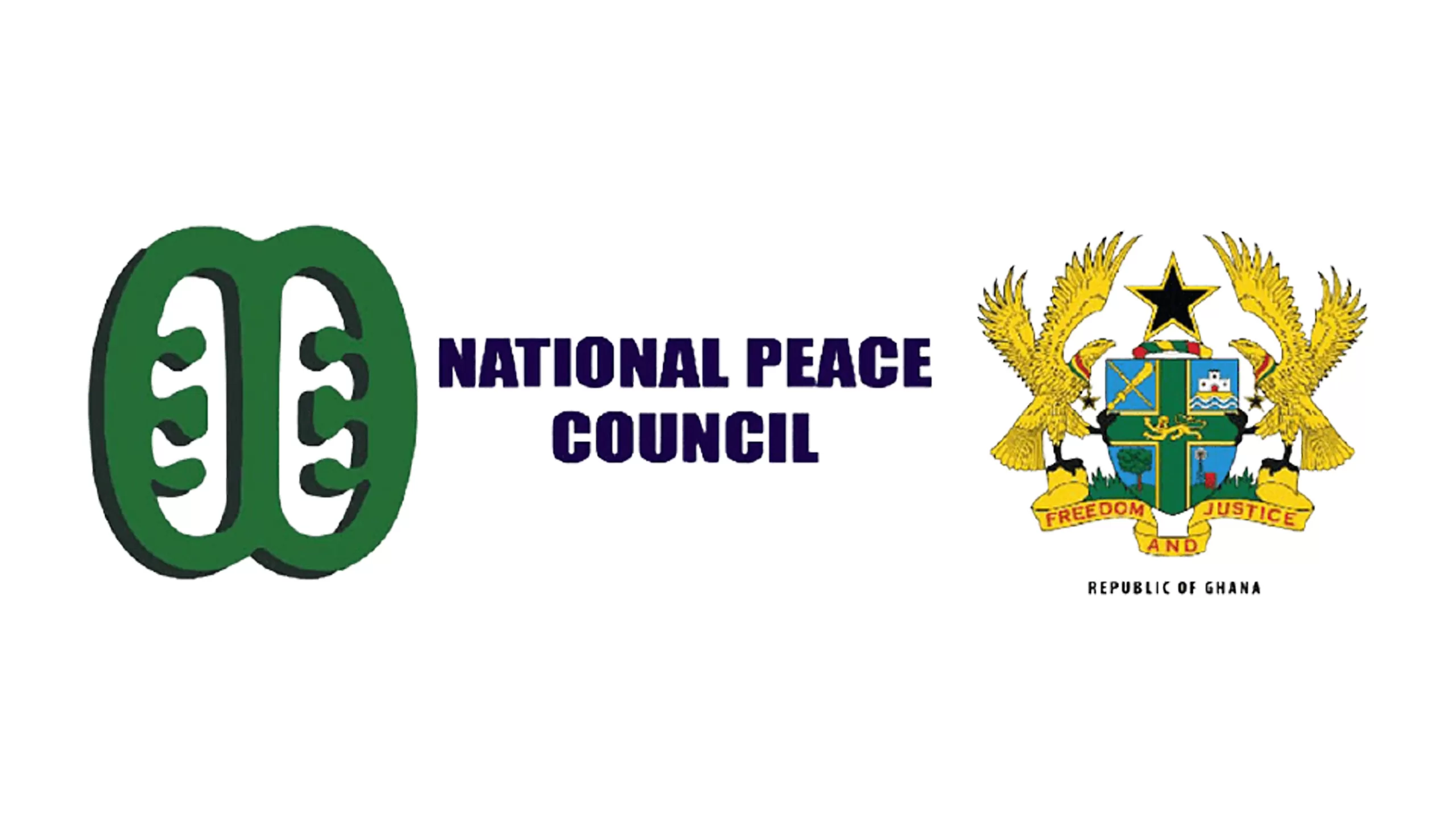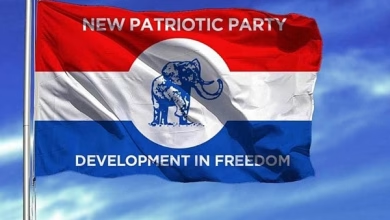The National Peace Council (NPC), says it is greatly concerned about the ongoing impasse between the Executive and the Legislature.
The Council said such tension did not augur well for the peace and stability of the country, especially when the nation was heading into a general election.
The two organs of government -the Executive and the Legislature, have been in a stand-off over the President’s refusal to assent to the recently passed anti-Lesbian, Gay, Bisexual, Transgender, Queer and Intersex (anti-LGBTQI+) bill, citing court issues.
The decision angered the legislature, particularly the Minority and the Speaker of Parliament, who also halted the approval of ministerial nominees by the President, citing a court injunction.
Speaking at a dialogue with the Council of Elders and flag bearers of some political parties, in Accra, on Tuesday, Reverend Dr Ernest Adu-Gyamfi, Chairman of the NPC, described the seeming tension between the two arms as concerning.
He said, over the past few years, the Council had undertaken a number of actions, including engaging the political parties, the security agencies, the Electoral Commission and the Chief Justice, all geared towards reducing the tension and maintaining the peace of the country.
Despite that, he said the current impasse between the two organs had become a concern for the Council.
“The perceived tension between the legislature and the executive, the entrenched positions of parties in Parliament and the banter on radio and television are matters of great concern to the NPC,” he said.
He added that: “We are not oblivious of the threats from violent extremists along our borders and the need to maintain the peace and security of the country is of uttermost concern to us.”
The dialogue, on the topic: “Political Party Trust Building and Intra and Inter-Party Mechanism for Addressing Conflicts,” was to make the parties aware of the activities of the NPC in the political space to guide them.
Also, it was to remind the stakeholders, particularly the political parties of the potential dangers of reneging on their duties to manage differences well ahead of the General Election.
It was funded by the British High Commission through the STAR Ghana foundation.
In attendance were the New Patriotic Party (NPP), the National Democratic Congress (NDC), the People’s National Convention (PNC), Convention People’s Party (CPP) and the Ghana Freedom Party (GFP).
Others were Liberal Party of Ghana (LPG), National Democratic Party (NDP), Great Consolidated Popular Party (GCPP), Progressive People’s Party (PPP) and All People’s Congress (APC), and Ghana Union Movement (GUM).
Also present at the event was Mr Mike Aaron Oquaye, former Speaker of Parliament.
Rev Adu-Gyamfi urged the political parties to, therefore, be mindful of their utterances, adding that they should resort to consensus building to address any misunderstanding.
Ahead of the elections, he indicated that the NPC was putting a number of measures in place to ensure an incident-free elections, particularly ensuring that all parties signed the Peace Pact and urged them to support it to ensure that it was attained.
“We want to finish the election and still have Ghana intact, that is our goal. That, we can compete, we can do all kinds of things, but there should not be a single blood that is dropped and nobody is maimed,” he stressed.
Rev Adu-Gyamfi also advised the media to be circumspect and guard against sensationalism to help maintain the peace of the country before, during and after the polls.
Mr George Amoh, Executive Secretary of the NPC, disclosed that the Council was putting together an election monitoring group to help monitor the political landscape to ensure peaceful polls in December.

